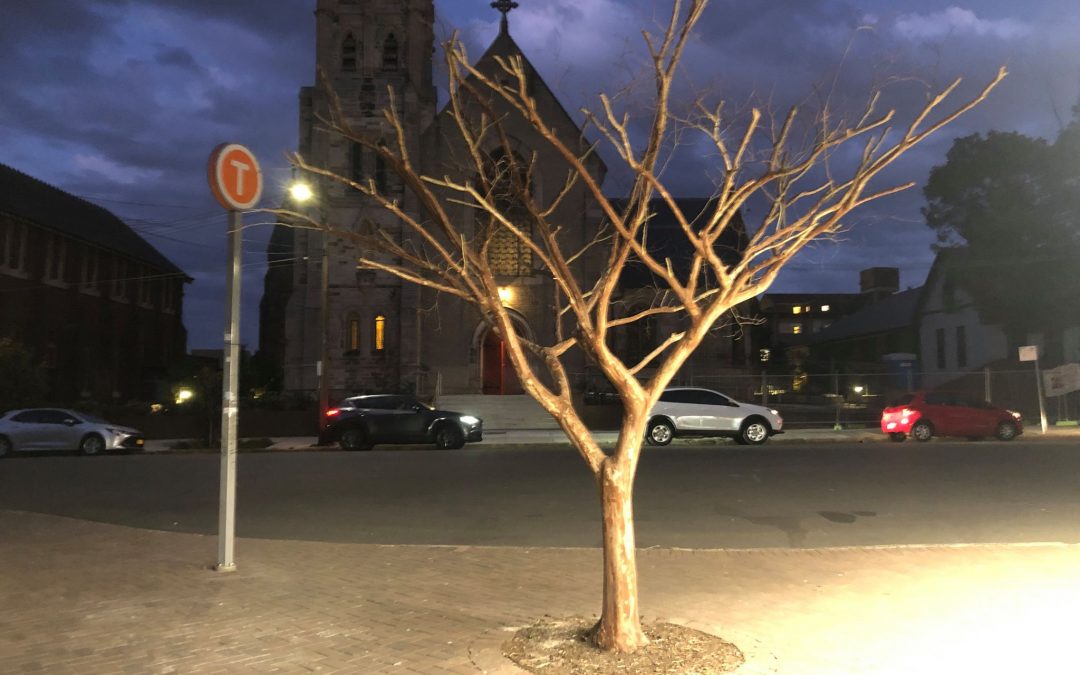According to the ABC survey, Australia Talks, “spending more time in nature is the single most popular thing Aussies feel would make them happier, across all demographics”.
These strong feelings for nature underpin our desire to preserve and benefit from our urban forests, in all their complexity.
The intended Inner West Council (IWC) Tree Policy has the capacity to destroy our inner urban trees and canopy, slowly being renewed over the past 40 years, after prior devastation.
Addison Road Community Organisation (ARCO) is hoping that our Inner West Council – and our Mayor in particular – is paying attention to the happiness index of its constituents and will reconsider its potentially destructive tree policy.
77% of respondents to the ABC survey Australia Talks indicated that they would be happier spending more time in nature.
Sadly, the same survey confirms that 90% of respondents don’t trust politicians. It’s hard, therefore, to believe that the Labor/Liberal majority on IWC Council, who will be voting on the disastrous proposed tree policy, are not climate emergency deniers!
If the IWC have looked at the evidence, they will understand that inner urban city areas are going backwards in total area of green space and that replacing mature trees with saplings, just doesn’t make for a sustainable green environment.
See Planet Ark’s 2019 report, Living Cities: Trees in the Urban Environment.
Our Councils that claim green credentials need to be careful they don’t head down the path of superficial ‘green virtue signalling’. For more on specific concerns regarding the IWC’s new Tree Policy, see the Sydney Morning Herald article, ‘Tree Massacre’.
The urban forest is a complex ecosystem to be managed carefully – and with integrity.

